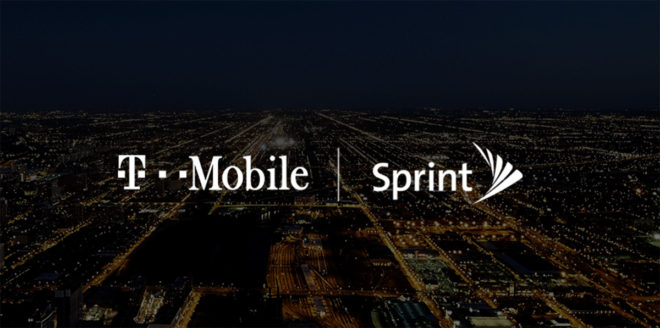California Public Utilities Commission to review T-Mobile-Sprint merger

The proposed merger of T-Mobile and Sprint is currently being reviewed by the FCC and DoJ, but those aren’t the only groups that want to take a closer look at the deal.
The California Public Utilities Convention (CPUC) has revealed that it wants to hold hearings to learn more about the T-Mobile-Sprint merger. Public participation hearings will be held in November and December, followed by an evidentiary hearing Feb. 6-9, opening comments by May 10, and reply comments by May 24. The CPUC aims to have a decision regarding its review of the T-Mobile-Sprint merger by June.
The group says that it wants to determine if the merger is in the public interest of the residents of California. According to The Deal, hearings like these are uncommon and may indicate that the CPUC will give the T-Mobile-Sprint merger “rigorous scrutiny.”
The issues that the CPUC will consider during its review include:
- 1. Would the merger result in reduced competition in any metropolitan area or other geographically distinct market for wireless services?
- 2. What are the relevant markets?
- 3. Would the merger give the merged company monopsony power or increase the tendency to monopsony power including market power over equipment suppliers?
- 4. What merger-specific and verifiable efficiencies would be realized by the merger?
- 5. Would the merger promote or constrain innovation?
- 6. How would the merger affect the market for special access services?
- 7. How would the merger affect the market for special access backhaul services?
- 8. How would the merger affect the ability of independent competitive wireless carriers to obtain backhaul services?
- 9. Would the merger increase the market power of the incumbent local exchange carriers and their wireless affiliates?
- 10. Would the merger maintain or improve the quality of service to California consumers?
- 11. What California utilities would operate the merged properties in the state?
- 12. Would the merger preserve the jurisdiction of the commission to effectively regulate those utilities and their operations in California?
- 13. Would the benefits of the merger likely exceed its detrimental effects?
- 14. Should the commission impose conditions or mitigation measures to prevent significant adverse consequences and, if so, what should those conditions or measures be?
The CPUC went on to shed more light on the issues that it’ll consider while reviewing the proposed merger:
“Obtaining satisfactory answers to the above questions will require consideration of multiple factual issues. These include, but are necessarily limited to, issues related to innovation, service quality, customer satisfaction, pricing policies, pre-paid services, wholesale markets, the roll-out of 5G services (particularly in rural markets), system integration, device compatibility, customer migration, net neutrality, customer privacy and mandatory arbitration clauses. Accordingly, evidentiary hearing is needed on these issues.”
The FCC recently paused its 180-day shot clock on its review of the T-Mobile-Sprint merger, saying that it needs more time to receive all of T-Mobile and Sprint’s documents and review them. T-Mobile and Sprint have said that they expect their merger to close no later than the first half of 2019, but it’s unclear how things like this CPUC review and the FCC’s continued shot clock delay might impact the merger and its schedule.
Via: FierceWireless
Source: The Deal
